Meet the Instructors
Meet the instructors for the new SRBR Circadian Medicine Course.
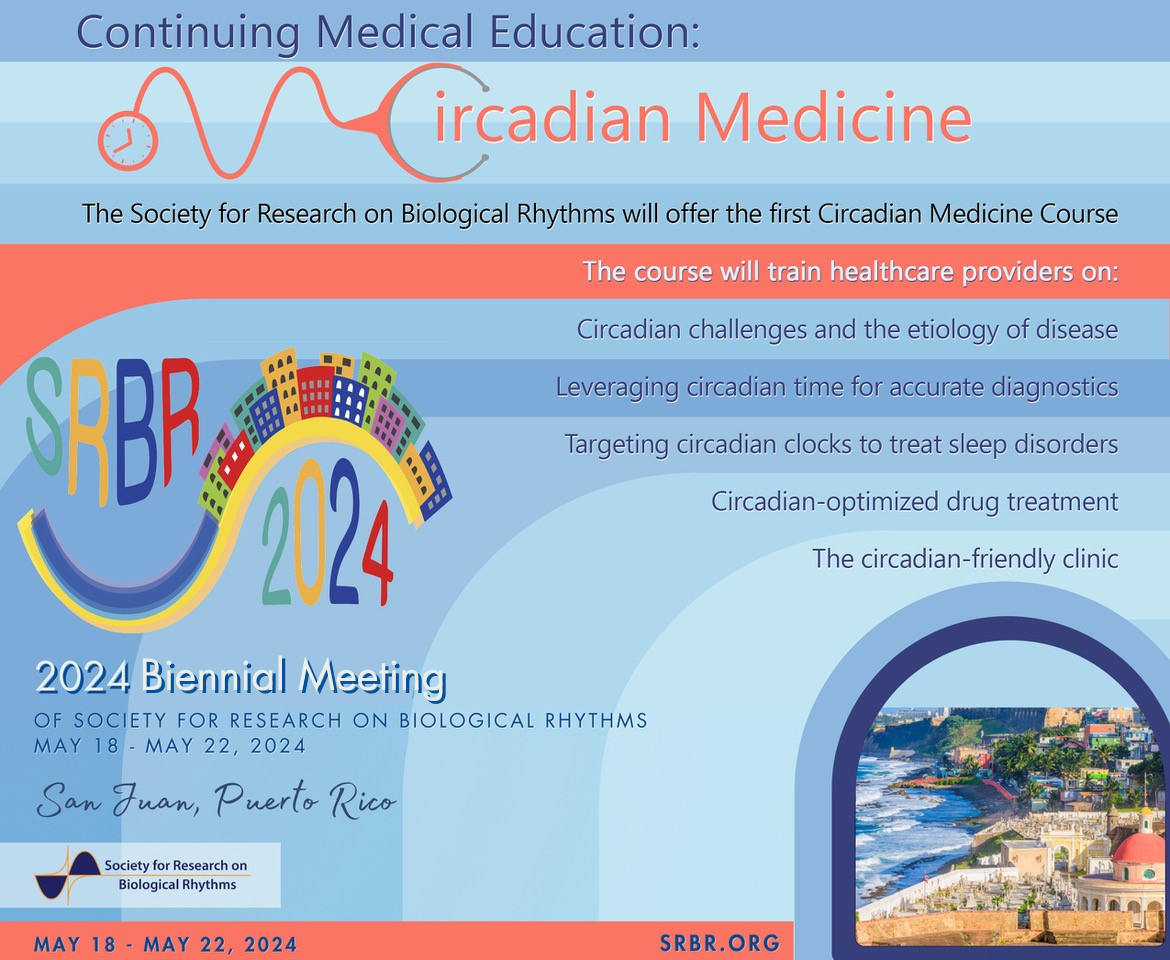

Sabra Abbott
Dr. Sabra Abbott is an Associate Professor of Neurology in the Divisions of Sleep Medicine and Hospital Neurology at Northwestern University. She currently serves as Director of Northwestern’s Circadian Medicine Clinic and is the Program Director for the Northwestern Sleep Medicine Fellowship. Her clinical and research interests focus on the diagnosis, pathophysiology and management of circadian rhythm sleep-wake disorders. She earned her PhD and MD from the University of Illinois, Urbana, then trained as an intern at Massachusetts General Hospital, as a neurology resident at Beth Israel Deaconess Medical Center in Boston and completed her sleep medicine fellowship at Northwestern University.
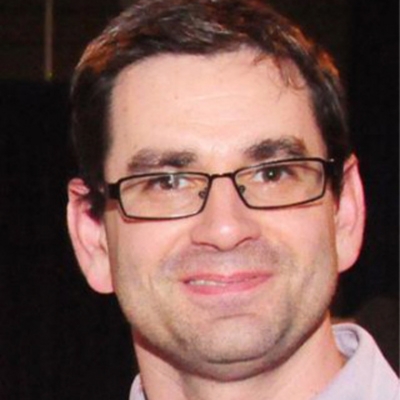
Ron Anafi
Dr. Ron Anafi is an Assistant Professor of Medicine at the University of Pennsylvania. As an undergraduate at Tulane University, he studied biomedical engineering and philosophy. He traveled north for the University of Minnesota's MD/PhD program where he completed his graduate degree in mechanics. He still cannot fix his car! His graduate research with Ted Wilson focused on the mechanics of asthmatic bronchoconstriction. After an internal medicine residency at the University of Vermont, he moved to the University of Pennsylvania for clinical training in sleep medicine. He stayed at Penn for a postdoctoral fellowship in circadian bioinformatics working with Dr. John Hogenesch. His lab uses techniques from machine learning, engineering, and systems biology to understand how sleep and molecular rhythms influence physiology in the brain and body. He sees patients at the Penn Sleep Center.
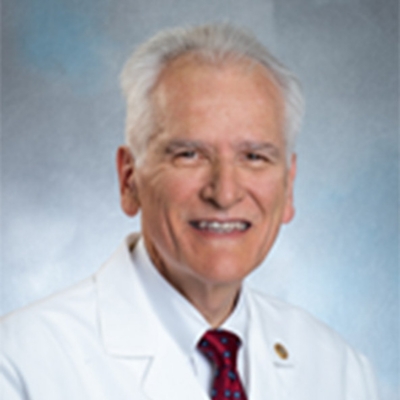
Charles Czeisler
Dr. Charles A. Czeisler is the Baldino Professor of Sleep Medicine, Director of the Division of Sleep Medicine at Harvard Medical School and Chief of the Division of Sleep Medicine in the Department of Medicine at Brigham and Women’s Hospital in Boston, Massachusetts. He is an Affiliate Faculty Member in the Neuroscience Program at Harvard Medical School and the Health Science and Technology.
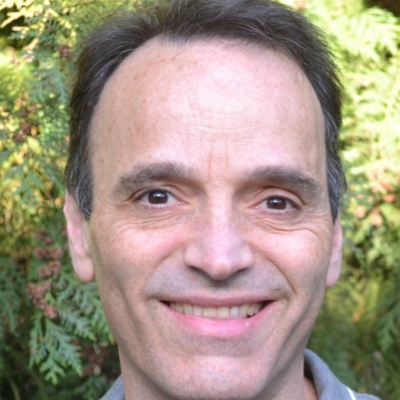
Course Coordinator
Horacio de la Iglesia
Dr. Horacio de la Iglesia finished his undergraduate studies in Biology at the University of Buenos Aires, Argentina. He got his PhD in Neuroscience and Behavior at the University of Massachusetts, Amherst, where he studied the neuroanatomical interactions between the master circadian clock of mammals and the brain centers that control reproduction . He then continued his research on the neural control of circadian rhythms as a Postdoctoral Fellow and as an Instructor at the University of Massachusetts Medical School. He was also an Instructor at Harvard University where he taught a course on Stem Cells. Dr. de la Iglesia joined the University of Washington Department of Biology in 2003, where he is currently Professor. He was Associate Chair of the Department of Biology and co-Director of the Graduate Program in Neuroscience. Dr. de la Iglesia is the current President of the Society for Research on Biological Rhythms.
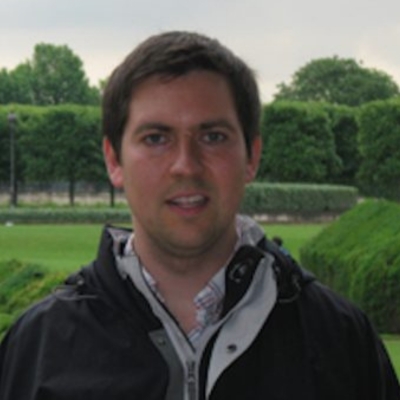
Daniel Forger
Dr. Daniel Forger is the Robert W. and Lynn H. Browne Professor of Science, Professor of Mathematics and Research Professor of Computational Medicine and Bioinformatics at the University of Michigan, Ann Arbor. Dr. Forger also is the director of the University of Michigan’s Center for Applied and Interdisciplinary Mathematics. He has published > 50 scientific papers and > 100 scientific talks on circadian timekeeping and sleep, with a focus on the top field or interdisciplinary scientific journals. Dr. Forger the section editor for wearables and patient reported outcomes at PLoS Digital Health. He has trained many of the experts in quantitative approaches to sleep and circadian rhythms, including his former PhD student Olivia Walch (Arcascope CEO) and other faculty who lead groups at the University of Toronto, Wisconsin, Kaist, NJIT, Dr. Forger received a concurrent undergraduate and master’s degree from Harvard in Applied Mathematics. His undergraduate thesis led to models that are widely used in industry and the military to predict circadian phase and has recently developed was to measure circadian phase from heart rate. He holds PhD in mathematics from the Courant Institute, was a recent visiting scholar at Harvard and has won prizes and awards, including being named an Air Force Office of Scientific Research Young Investigator. Dr. Forger’s book on “Biological Clocks, Rhythms and Oscillations” was published by MIT Press to much acclaim.

Lauren Fowler
Dr. Lauren Fowler’s research focuses on how we change (physiologically, cognitively, behaviorally, and emotionally) in relation to our biological rhythms. As PI or Co-Investigator on several university, NSF, and NIH grants, and as a consultant for the Air Force Research Laboratories Human Effectiveness Directorate, she has established herself as a leader in the field of circadian desynchronization and fatigue, assessing how it affects our thoughts, our emotions, our perceptions, and our behavior. Much of her work has focused on physiological variables related to circadian desynchronization, however her recent research has expanded to include how fatigue affects healthcare worker cognition, empathy, burnout, and perceptions. This research aims to decrease the effects of shift work and clinical work on fatigue and the impacts of fatigue. In addition, she is currently studying sleep, fatigue and cognition in cancer survivors (breast and prostate), with the aim of improving cancer survivor sleep to minimize detrimental effects of sleep loss on cognition, pain perception, and quality of life.
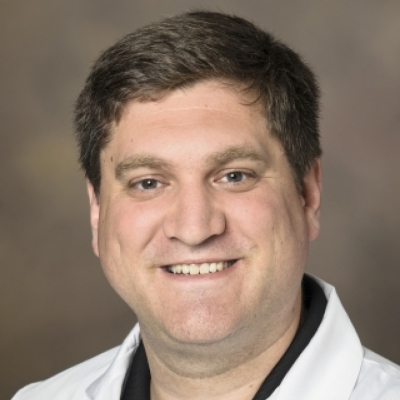
Michael Grandner
Dr. Michael Grandner is a licensed clinical psychologist board-certified in behavioral sleep medicine, Director of the Sleep and Health Research Program at the University of Arizona, Director of the Behavioral Sleep Medicine Clinic at the Banner-University Medical Center in Tucson, AZ, and Associate Director for Behavioral and Translational Science for the Center for Sleep, Circadian and Neuroscience Research at the University of Arizona. He is an Associate Professor of Psychiatry, with joint appointments in Medicine, Psychology, Nutritional Sciences, and Clinical and Translational Science. His research focuses on downstream cardiometabolic and functional consequences of poor sleep and circadian health, upstream social, behavioral, and environmental determinants of sleep, and real-world interventions for sleep and circadian health. He is past president of the Society of Behavioral Sleep Medicine. He received his PhD in clinical psychology from the joint doctoral program at San Diego State University and the University of California, San Diego, completed postdoctoral fellowships in Behavioral Sleep Medicine and Sleep and Circadian Neurobiology at the University of Pennsylvania, where he also completed a Masters degree in Translational Research.
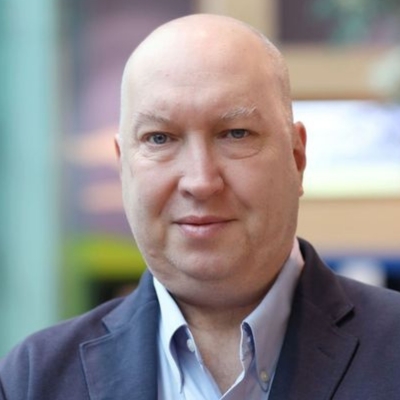
John Hogenesch
Dr. Hogenesch is a Professor of Pediatrics and the Thomas F. Boat Chair in the Divisions of Human Genetics, Immunobiology, and Pulmonary Medicine at Cincinnati Children's Medical Center. Dr. Hogenesch discovered Bmal1, the master regulator of the mammalian clock, but also its paralog Bmal2, its partner Npas2, and the positive loop of the clock. Later, his lab characterized Rora/Rorb/Roc as key regulators of Bmal1 and circadian function, discovered Chrono as a non-canonical repressor of Bmal1/Clock, and Kpnb1 as a required transporter of the PER/CRY complex. The Hogenesch lab has led in research into the transcriptional outputs of the clock in animal models and humans. This work is leading to a wealth of new opportunities in circadian medicine and has spurred community contributions, such as the public databases the Gene Atlas and Gene Wiki, CircaDB, and algorithms, including JTK, PSEA, MetaCycle, and CYCLOPS.
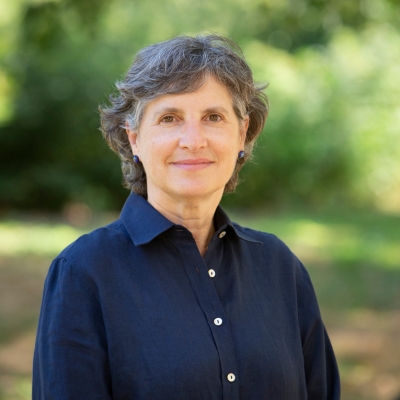
Elizabeth Klerman
Dr. Elizabeth Klerman is a Professor of Neurology at Harvard Medical School, a Research Investigator at Massachusetts General Hospital (MGH) ; and Physician at Brigham and Women’s Hospital (BWH), all in Boston, MA He work focuses are clinical and biomathematical research, teaching, and clinical practice. Her areas of research are (i) the application of circadian and sleep research principles to normal and pathophysiologic states and (ii) mathematical analysis and modeling of human circadian, sleep, and neurobehavioral mood and performance rhythms. Her teaching and mentoring work in patient-oriented research has been recognized with the awarding of a competitive renewal of NIH K24 grant support. She is also Director of the Analytic and Modeling Unit (AMU) within the Division of Sleep and Circadian Disorders at BWH. The work in analysis, modeling and simulation of biologic systems has included systematic mathematical exploration of many aspects of sleep, circadian rhythms and performance. Members of the AMU have developed new analytic techniques, and modeled and simulated experimental results and predictions. The work is part of the cycle of experimental work- mathematical modeling and predictions- experimental work.
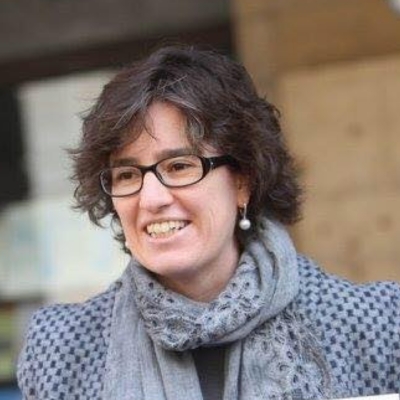
Sara Montagnese
Dr. Sara Montagnese is an Associate Professor of Medicine and Honorary Consultant Physician at Padova University Hospital, in Italy, and a Professor of Chronobiology and Chronobiology Section Lead at the University of Surrey, in the UK. She has a longstanding clinical and research interest in hepatic encephalopathy, a cerebral complication of liver disease on which she has published extensively, especially in relation to diagnosis and differential diagnosis. She is Past President of the International Society for Hepatic Encephalopathy and Nitrogen Metabolism (ISHEN) and Vice President and President Elect of the European Biological Rhythms Society (EBRS). She is Associate Editor and Special Section Editor of Journal of Hepatology, and Associate Editor of Frontiers in Physiology - Chronobiology. She also has a research interest in the sleep-wake disturbances exhibited by patients with cirrhosis and she has made significant contributions to their understanding and their treatment. She is currently using her experience in the liver field as a model, and applying it to several other areas of medicine. In addition, she is working on the management of hospitalization-related sleep-wake and circadian abnormalities, and on the definition of patient-specific tools for circadian assessment. Her research has been funded by the European Association for the Study of the Liver, the University of Padova, the CaRiPaRo foundation, the Italian Ministry of Health, and the EU-H2020.
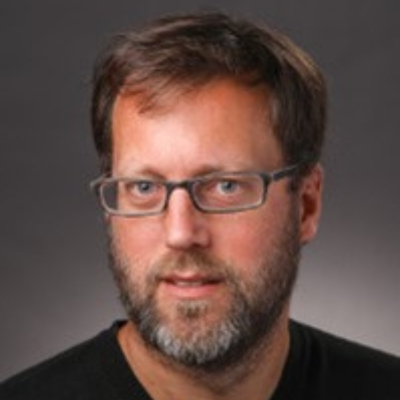
Marc Ruben
Dr. Marc Ruben is an Assistant Professor in the Divisions of Pulmonary and Sleep Medicine and Biomedical Informatics at Cincinnati Children’s Hospital, where he studies biological rhythms and their applications in medicine. His approach blends molecular and computational methods, with a specific focus on using electronic medical records (EMR) as a window into timing effects in diagnosis, treatment, and the healthcare process. During his PhD studies in Justin Blau's lab at New York University, Marc studied genome-wide mechanisms governing Drosophila circadian neurons and their impact on behavior. Following his graduation, he worked as an industry consultant, overseeing projects to evaluate the potential of early-stage therapeutic molecules. During this time, he became interested in how biological timing influences disease and drug activity, prompting him to join John Hogenesch's lab. As a Postdoc, Marc focused on circadian gene expression in humans, with a goal of uncovering mechanisms by which the time of day may alter medication effects. This ignited his interest in utilizing EMR and other extensive clinical datasets to translate gene-level insights into advancements in patient health.

Benjamin Smarr
Dr. Benjamin Smarr is an Assistant Professor in Bioengineering and the Halicioğlu Data Science Institute at University of California, San Diego. He got his PhD studying circadian regulation of neuroendocrine systems, and was then a postdoctoral fellow at UC Berkeley where he studied time series analysis in animal models of pregnancy. Dr. Smarr has expertise in feature engineering of biological time series data, including successful projects using wearable devices to detect illness, strain, and hormonal changes in humans. He has won awards from NIH, NSF, DoD, and private sector partners. He works to reduce barriers to access for technological solutions in human behavior and health modification, with a special focus on women’s health and developing tools that allow the large amounts of data generated around the world to reveal new insights about human biological diversity. His advocacy for public engagement in science and adoption of data science to augment public health and medicine have been covered in Science, Forbes, the BBC, and many other international outlets.

David Smith
As a dual-boarded pediatric otolaryngologist and sleep medicine physician, Dr. Smith’s clinical focus involves the diagnosis and treatment of upper and lower airway disorders, complex and persistent obstructive sleep apnea, and complex circadian and sleep disorders in children. His clinical research involves the study of cardiopulmonary outcomes in children with OSA. In his laboratory, he focuses on studying the molecular mechanisms that contribute to progression of the clinical sequelae associated with a murine model of intermittent hypoxia. He has expertise in the study of circadian clock dysregulation and hypoxia inducible factors. Dr. Smith has also coordinated a large, multidisciplinary team dedicated to clinical, translational, and basic science research focused on sleep-related disorders, serving as the Clinical Director for the Center for Circadian Medicine at CCHMC.
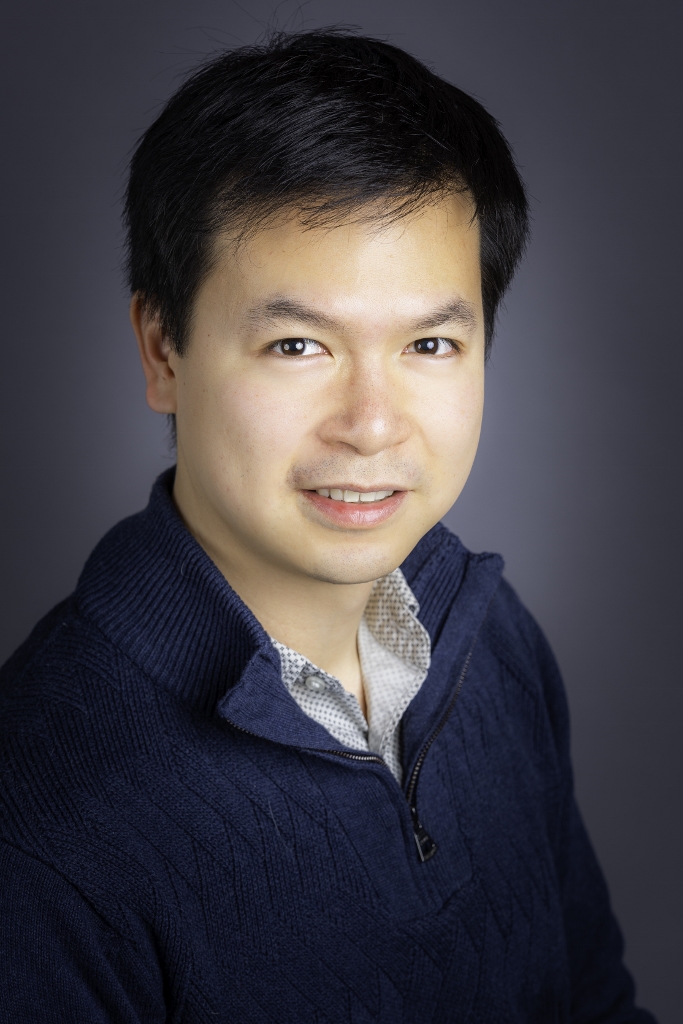
Philip Chen
Dr. Philip Chen is an Associate Professor of Medicine and licensed psychologist in the Sleep Disorders and Research Center at the Henry Ford Health + Michigan State University Health Sciences in Detroit. He received his PhD in Clinical Psychology from University of Michigan, Ann Arbor. Dr. Chen's research interests primarily focus on sleep, circadian rhythms, and their roles in health and psychological functioning. He is funded by the National Institutes of Health to study shift work disorder, and to translate the science of circadian rhythms into clinically feasible and widely accessible interventions for night shift workers. Additionally, his work examines how digitally delivered therapies may be leveraged to enhance the accessibility of sleep treatments to those who are socially and economically disenfranchised.

Rochelle Witt
Dr. Rochelle Witt is a sleep medicine specialist at Cincinnati Children’s Hospital Medical Center. She has a special interest in child neurology. She derives the greatest joy from seeing her patients grow towards realizing their fullest potential. Her research focuses on understanding how best to treat sleep disorders in children with neurodevelopmental disorders. Through an intimate understanding of clinical care and research, she strives to bring a richer perspective to both research and her patients and families.
